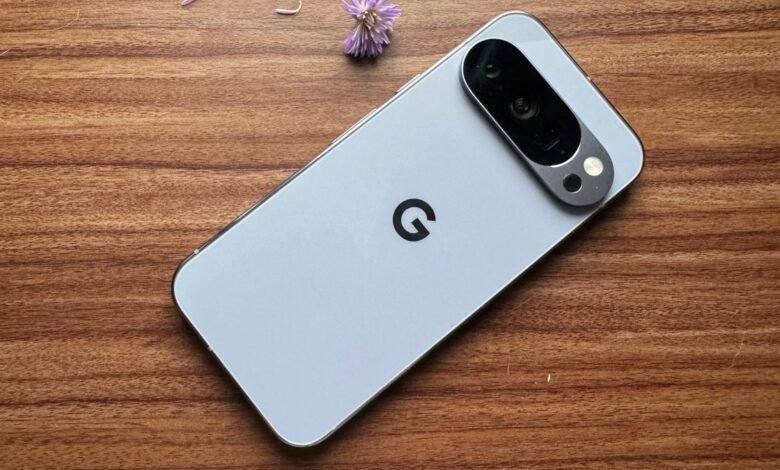Google Pixel 10 Pro Review: AI-Powered Hardware That Feels Like Home

▼ Summary
– Pixel devices showcase Google’s vision for Android and its consumer AI suite, aiming to integrate Google AI deeply into users’ lives.
– Hardware changes in the new Pixel lineup are minimal, with key additions including a telephoto camera for the base model and Pixelsnap for Qi2 charging accessories.
– The Tensor G5 chip, manufactured by TSMC, enhances AI performance and runs the Gemini Nano model, though full performance reviews are pending.
– AI features like Magic Cue provide contextual information across apps, and Call Translation offers real-time language translation with voice retention, though availability and accuracy vary by region and language.
– Camera updates focus on software enhancements, including Camera Coach for photography tips, Super Res Zoom up to 100x, and AI-powered features like Best Take for group photos, with some inconsistencies in performance.
For those seeking a smartphone that integrates artificial intelligence into daily use, the Google Pixel 10 Pro delivers a compelling vision of what an AI-native device can be. Rather than treating AI as an add-on, Google has woven it deeply into the user experience, making the phone feel both intelligent and intuitive.
Visually, the Pixel 10 Pro doesn’t break from tradition. The design remains familiar, with only subtle refinements. A notable hardware upgrade is the inclusion of a telephoto lens on the base model, while the introduction of Pixelsnap, Google’s answer to MagSafe, opens up a new ecosystem of Qi2-compatible accessories like chargers and stands.
Under the hood, the new Tensor G5 chip, manufactured by TSMC, promises significant improvements in AI processing. It powers the on-device Gemini Nano model, though a full performance review will require more extensive testing. The display is brighter, RAM has been increased, and the camera system continues to impress.
Where the Pixel 10 Pro truly stands out is in its software intelligence. Features like Magic Cue work across Google apps to surface contextual information, such as restaurant reservations or flight details, based on your activity. In testing, it successfully pulled up contact details and YouTube recommendations, though it occasionally missed opportunities for deeper contextual awareness.
Another standout is call translation, which aims to make cross-language conversations seamless. It retains the speaker’s voice in translation, though language support remains limited. Hindi-English translation, for example, is still in preview and often unreliable.
Gemini Live offers real-time object recognition through the camera viewfinder. It correctly identified everyday objects like a coffee spoon or a plush toy, though it misidentified a Pixel 9 Pro XL as a OnePlus device. Smaller AI touches, like adding music to voice recordings or transcript sharing to NotebookLM, round out the experience.
Photography has always been a Pixel strength, and this year is no exception. The hardware is largely unchanged, but AI-driven features elevate the experience. Camera Coach provides real-time guidance on composition and technique, while Super Res Zoom now goes up to 100x, using AI to enhance distant details. The results are impressive, though holding steady at maximum zoom remains challenging.
Portrait mode now supports 50-megapixel images, and Best Take uses AI to merge group photos so everyone looks their best. Action Pan, which artistically blurs the background around a moving subject, is another creative highlight.
So who should consider the Pixel 10 Pro? If you’re upgrading from an older device or want a pure Android experience enriched with AI, it’s a strong contender. The difference between the Pro and Pro XL is minimal, mostly screen size and battery life, so most users won’t feel shortchanged with the standard model.
Yet the promise of AI is a double-edged sword. While Google envisions a future where your phone grows smarter over time, real-world availability varies. Some features, like Daily Hub and conversational photo edits, are currently U.S.-only. Delays or regional limitations, as seen with other tech giants, remind us that the AI revolution is still unfolding.
Google has placed a big bet on AI, and the Pixel 10 Pro is its most ambitious canvas. It’s packed with clever tools that often feel magical, even if they don’t always work perfectly. For now, it offers a glimpse into a more connected and context-aware future, one where your phone doesn’t just assist you, but anticipates what you need.
(Source: TechCrunch)



